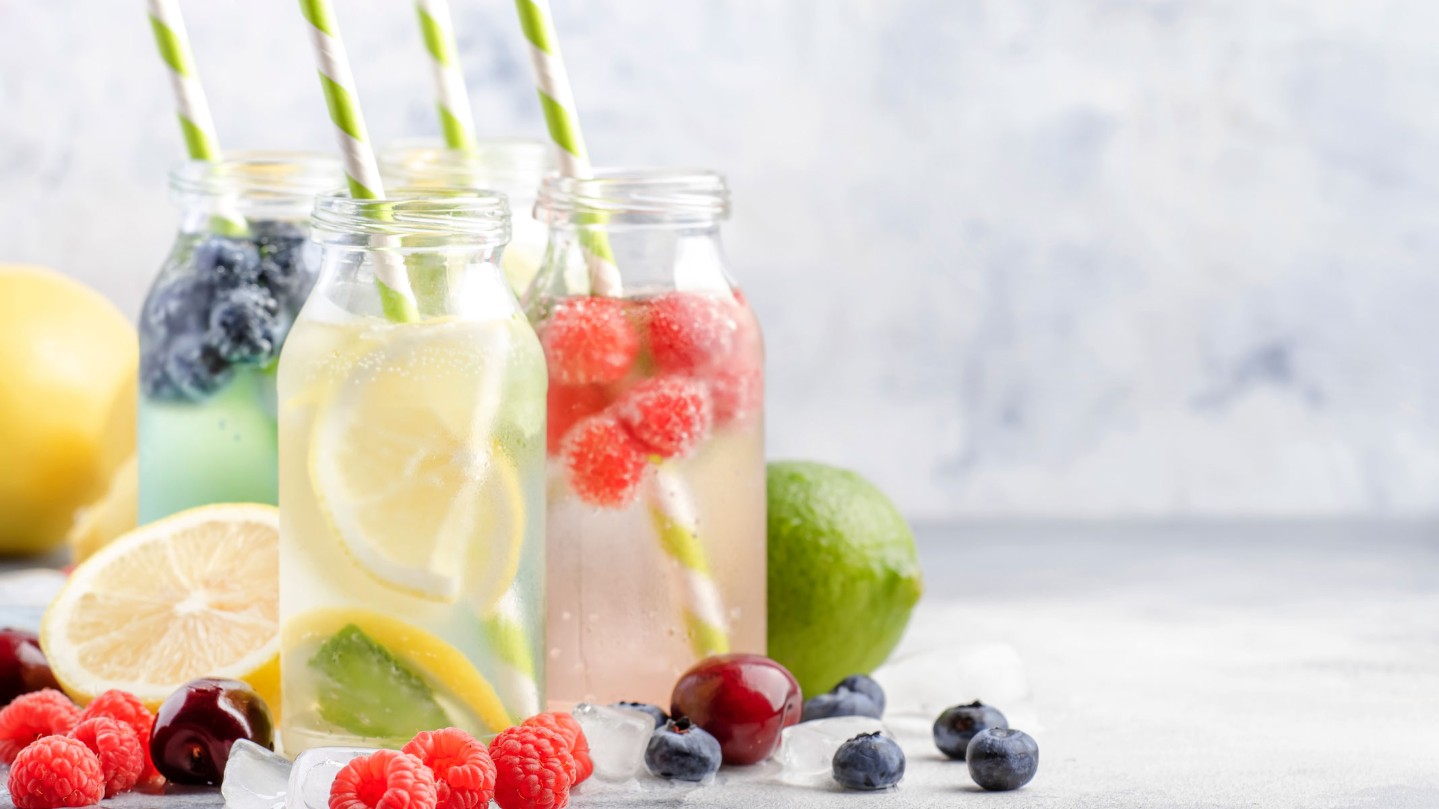You Matter. Always. A Message for "You Matter Day"
FEB 02, 2026On "You Matter Day" and every day, remember your inherent worth. If struggling, reach out to 988 or trusted contacts. You are not alone, and help is available.
Read More
You’ve probably heard of “Dry January,” which has people swearing off alcohol for the first month of the year. More recently, a related trend has sprung up around being “Sober Curious,” or taking a mindful approach to alcohol consumption.
For some people, being Sober Curious is about a desire for greater health, well-being, and a more balanced lifestyle. Less restrictive than Dry January, a Sober Curious break can still show people that life is good on the other side of drinking.
I also think both trends help break down certain stigmas about being a nondrinker by making it okay to simply choose not to imbibe. If you’re curious, here are five reasons to give it a try:
You don’t have to have a drinking problem to dabble with a sober lifestyle. Some find out they simply enjoy not experiencing the consequences of drinking – especially in a social media world where nothing is done in privacy. Others give it a try for health reasons and it is a way to eliminate alcohol-related toxins from your body, lose weight and enjoy other physical benefits.
The Sober Curious movement is not about complete abstinence from alcohol, but rather about making conscious choices about when and how much to drink. How you approach it is completely individual. Maybe you have one drink instead of three. Maybe you drink one day a week instead of five. Without a set structure, it’s something people can simply try.
The negative effects of alcohol consumption on physical health include liver damage, weight gain, and an increased risk of certain cancers. Alcohol consumption can lead to anxiety, depression, and impaired decision-making, so reducing alcohol consumption can improve mood, reduce stress, and make greater clarity of thought possible.
Sober bars and clubs that serve alcohol-free drinks have sprung up in response to the Sober Curious and Dry January movement. You can still go out and treat yourself to an interesting drink without alcohol as an ingredient.
For teens and adults, this trend sends the positive message that not drinking is socially acceptable. Unfortunately, young people often assume everyone or the vast majority of their peers are drinking. The statistics tell a different story. Just 28.6% of adolescents aged 12 to 20 reported drinking alcohol in the past 30 days, according to a 2019 National Survey on Drug Use and Health.*
You probably don’t know what you’re missing until you experience the lack of alcohol in your life. It might surprise you to discover how much money you’re actually spending on alcohol. Other unexpected outcomes for those who take a drinking break include:
For health care and mental health professionals, the Sober Curious trend is heartening. Could it be that the education we’ve been providing on alcohol use is sinking in and we’re seeing the effects of that?
Those who struggle with alcohol use experience their world becoming smaller. What people are discovering with Sober Curious is how much wider the world can be on the other side, and I think it’s good for people of all ages to know.
If you are ever concerned about your own or a loved one’s drinking habits, talk to your provider about getting an assessment or call the referral line at (402) 717-HOPE. That’s what we’re here for.

On "You Matter Day" and every day, remember your inherent worth. If struggling, reach out to 988 or trusted contacts. You are not alone, and help is available.
Read More
Raynaud's phenomenon is a rare disorder that affects the blood vessels, most commonly in the fingers and toes, but sometimes also in the nose, ears, or lips.
Read More
With the colder temperatures and shorter days of winter often comes changes in mood, energy and overall well-being. Maintaining a routine and stayin connected are two ways you can support your mental health in winter.
Read MoreWhen you need local health information from a trusted source, turn to the CHI Health Better You eNewsletter.